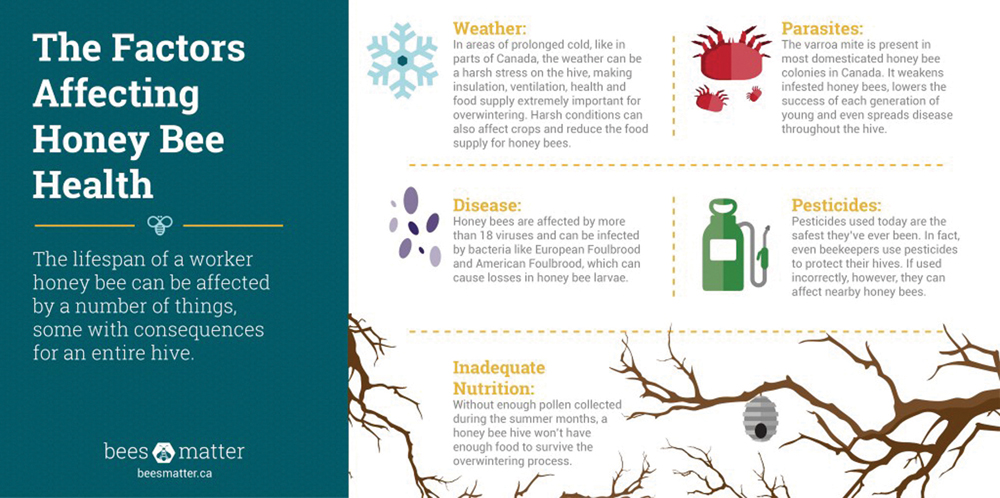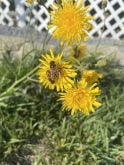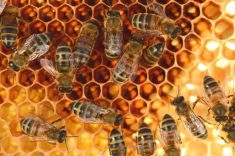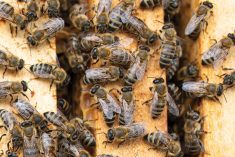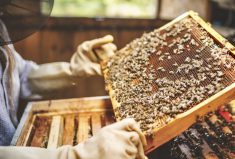A new program called Buzzing Gardens is offering Canadians free seeds to plant pollinator-friendly gardens.
The program is an initiative of Bees Matter, a group consisting of chemical and agricultural groups including CropLife Canada, Bayer CropScience, Syngenta, the Canola Council of Canada, the Canadian Seed Trade Association, and the Canadian Honey Council.
“The agricultural community recognizes the importance of pollinators, like honeybees, that are responsible for one in every three bites of food we eat,” said Greg Sekulic, the canola council’s agronomy specialist in Grande Prairie and spokesperson for Bees Matter.
Read Also

Farming Smarter receives financial boost from Alberta government for potato research
Farming Smarter near Lethbridge got a boost to its research equipment, thanks to the Alberta government’s increase in funding for research associations.
“The Buzzing Gardens program is our way of helping Canadians get involved in supporting honeybees, just as the agriculture community has always done.”
A free Buzzing Gardens seed packet with enough seasonal and perennial seeds to plant a five-square-foot garden can be ordered at beesmatter.ca.
The website also offers information on “the complexity of honeybee health.”
Bee deaths have become a hot topic in recent years, and prompted the Ontario government to bring in rules that will slash use of acreage planted with neonicotinoid-treated corn and soybean seed by 80 per cent by 2017. That move has been widely condemned by most farm groups, which note that bee numbers are increasing nationally, particularly in the West, where neonic-treated canola seed is the norm.
“Most bee health experts agree that there is no single factor affecting honeybee health,” Bees Matter states in its Buzzing Gardens press release.
“Instead, parasites like the deadly varroa mite, diseases, harsh weather, incorrect use of pesticides, and inadequate nutrition all affect honeybee colonies.”

